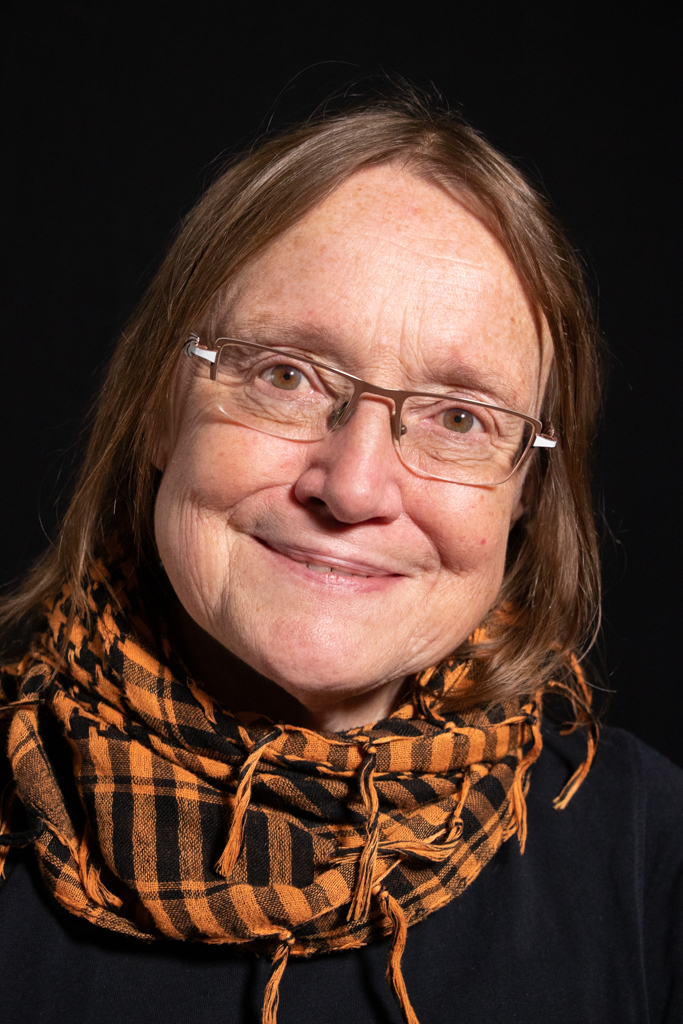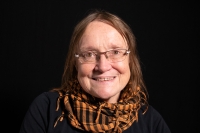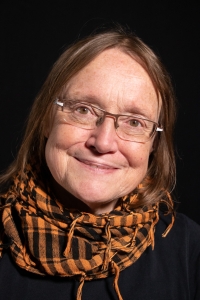A man is not free by doing things he wants to do, but by not doing things he doesn’t want to do

Download image
Jarmila Štogrová (Doležalová), born on 13 January 1956, has been an artist from an early age thanks to her talent and the influence of her father, painter and graphic artist František Doležal. After graduating from the art class of the Gymnasium Na Pražačce, she studied art history and Italian as an external student; however, she did not finish the school because of her disapproving attitude towards the regime of the time. Her tramp activities and the signing of Charter 77 opened the door to the Czech samizdat, among other things, and she studied philosophy and parallel Bohemian studies at residential seminars. After the revolution in 1989, she continued her activities mainly as a curator, organizer of various cultural events and librarian. Since her father’s death in 1989, she has been preserving his work, organizing exhibitions and writing monographs on František Doležal. In her work, she has focused mainly on drawing, pastel and objects made from found shards. Her name is associated with the group Regula Pragensis, the (original) Unijazz and the magazine Opportunity. In 2024 she concentrated mainly on the Nautilus publishing house, which she and her husband Josef Štogr have been running independently since 2022.

